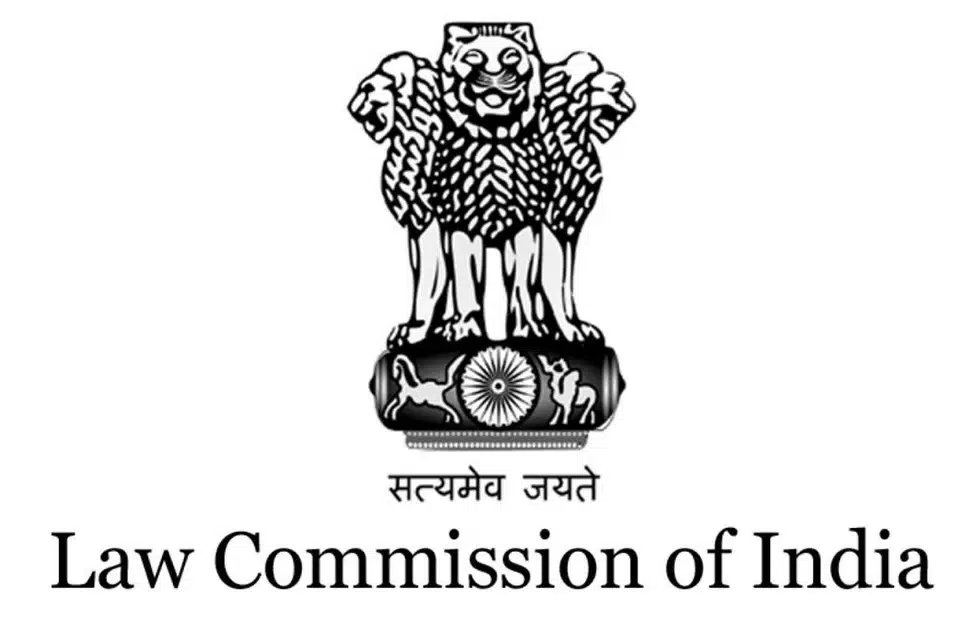About Law Commission of India:
- It is a non-statutory body and is constituted by a notification of the Government of India, Ministry of Law & Justice.
- It is constituted with definite terms of reference to carry out research in the field of law and the Commission makes recommendations to the Government (in the form of Reports) as per its terms of reference.
- It functions to the Ministry of Law and Justice as an advisory body.
- History ofLaw Commission of India
o The first pre-independence law commission was established in 1834 by the British Government in India.
o It was established by the Charter Act of 1833 and was chaired by Lord Macaulay.
o The first Law Commission of independent India was established in 1955 under the chairmanship of the former Attorney General for India M. C. Setalvad.
o This Commission was created for a period of three years and this practice has persisted ever since then, resulting in the reconstitution of Law Commissions every three years via executive orders.
- The executive orders that constitute the Law Commissions also specify their scope and purpose, and thus these fluctuate periodically.
- Since then, twenty one more Law Commissions have been constituted, each with a three-year term and with certain terms of reference.
- The Law Commission has taken up various subjects on references made by the Department of Legal Affairs, Supreme Court and High Courts.
- The Twenty Second Law Commission has been notified with effect from 21st February, 2020 for a term of 3 years.
Q1:What is a statutory body?
It is a body set up by law that is authorised to implement certain legislation on behalf of the relevant country or state, sometimes by being empowered or delegated to set rules in their field.
Source:Retain defamation as offense in criminal law: Law Commission Report
Last updated on June, 2025
→ UPSC Notification 2025 was released on 22nd January 2025.
→ UPSC Prelims Result 2025 is out now for the CSE held on 25 May 2025.
→ UPSC Prelims Question Paper 2025 and Unofficial Prelims Answer Key 2025 are available now.
→ UPSC Calendar 2026 is released on 15th May, 2025.
→ The UPSC Vacancy 2025 were released 1129, out of which 979 were for UPSC CSE and remaining 150 are for UPSC IFoS.
→ UPSC Mains 2025 will be conducted on 22nd August 2025.
→ UPSC Prelims 2026 will be conducted on 24th May, 2026 & UPSC Mains 2026 will be conducted on 21st August 2026.
→ The UPSC Selection Process is of 3 stages-Prelims, Mains and Interview.
→ UPSC Result 2024 is released with latest UPSC Marksheet 2024. Check Now!
→ UPSC Toppers List 2024 is released now. Shakti Dubey is UPSC AIR 1 2024 Topper.
→ Also check Best IAS Coaching in Delhi
























